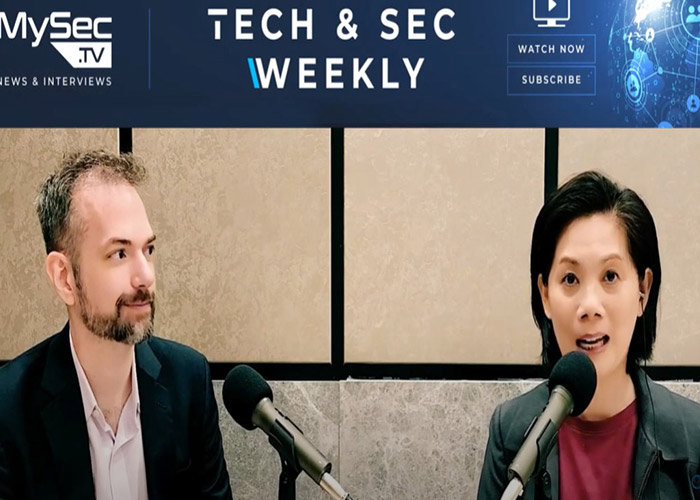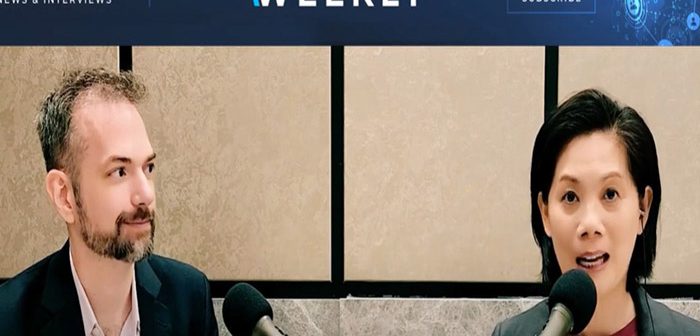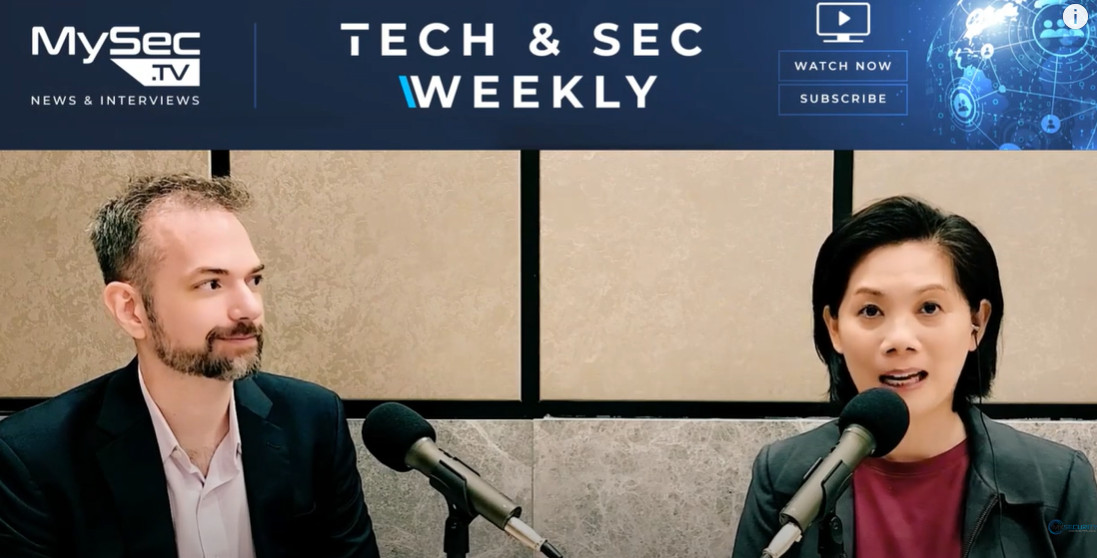
In this interview at SINCON 2024, Dr. Joshua James, a Regional Counter Cyber Crime Coordinator for the United Nations Office on Drugs and Crime (UNODC), shared his insights on the Regional Counter-cybercrime programme at UNODC.
Dr. James argued that while law enforcement agencies are getting better at responding to cybercrime, the cyber criminals are also getting better at what they do. This is because cybercrime is a business for them, and they invest heavily in security measures to protect their operations.
He believes that the key to defeating cybercrime is for governments to see their citizens as assets rather than liabilities. If people are viewed as assets, then more will be invested in educating them and giving them the tools they need to protect themselves online.
He also said that international cooperation is essential in the fight against cybercrime. The current system for international cooperation, called mutual legal assistance, was created before the internet and is not effective for cybercrime. New tools and methods for international cooperation are needed.
In conclusion, Dr. James said that he is confident that cybercrime can be defeated, but it will take a lot of work from governments and citizens alike.
Recorded 23rd May 2024, 10.30am, SINCON 2024, Singapore.
Dr. Joshua James is the United Nations Office on Drugs and Crime (UNODC) Regional Counter-Cybercrime for Southeast Asia and the Pacific, based in Bangkok, Thailand. He and his team implement counter-cybercrime programme in the region through capacity building and awareness programmes at all levels of government. He has worked as a seconded researcher with the Irish Police Computer Crimes Investigation Unit, INTERPOL’s Financial and High-Tech Crime Unit, and the Korean National Police. He has also worked closely with public and private sector groups to raise awareness about cybersecurity and cybercrime issues. He completed his Bachelor’s degree in Network Security from Purdue University, and his PhD in Computer Science with a focus on automating human inference in investigations from University College Dublin.







